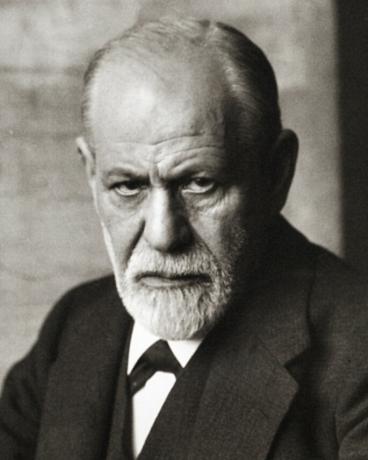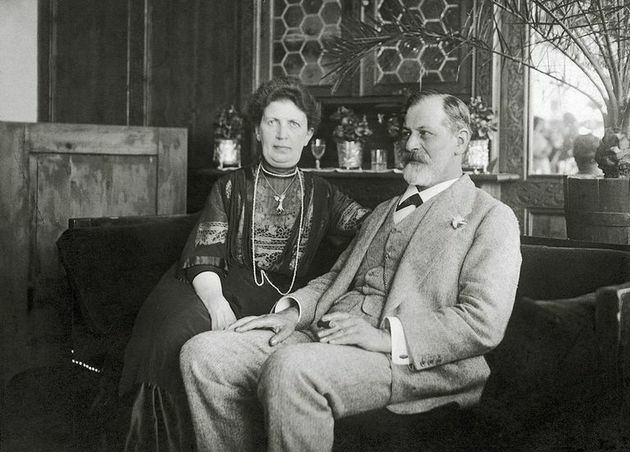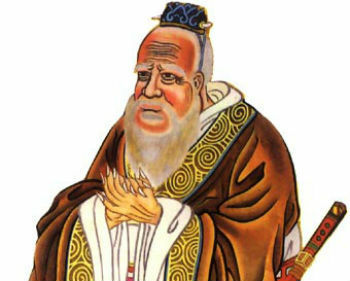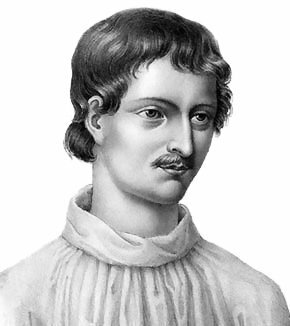Sigmund Freud (1856-1939) was an Austrian physician and researcher who created the Psychoanalysis, method used for the treatment of mental illnesses.
His theories changed the way of seeing the human being and influenced Medicine, Education, the Arts, making him a great icon of the 20th century.
Who was Sigmund Freud?
Sigmund Schlomo Freud was born on May 6, 1856 in Pribor. At the time, the city was part of the Austro-Hungarian Empire and is currently located in the Czech Republic.
His parents, Amalie Nathanson and Jacob Freud, were Jewish merchants who moved to Vienna when he was a year old.

In the capital of the Empire, in 1873, he entered the medical course at the University of Vienna, graduating as a specialist in Nervous Physiology, in 1882.
He perfected his knowledge in Paris, where he studied with Jean Charcot, a physician dedicated to the study of the treatment of hysteria through hypnosis.
In 1886 he married Martha Bernays, and with her he had six children: Mathilde, Jean-Martin, Olivier, Ernst, Sophie and Anna. The latter followed in her father's footsteps and was a prominent psychoanalyst.
He published several works and in 1908, together with his followers Karl Abraham, Sandor Ferenczi and Ernest Jones, founded the “Vienna Psychoanalytic Society”.
In 1938, he fled to London with the help of Princess Maria Bonaparte (1882-1962), to escape the persecution imposed by Nazism on the Jews. Four of his sisters died in concentration camps.
Freud suffered from cancer of the jaw, a disease that saw him undergo more than 30 surgeries. Some researchers even claim that he died from a morphine overdose, as he was in great pain.
He passed away on September 23, 1939, in London, leaving a new field of study for humanity.
Freud, the father of psychoanalysis

Until the end of the 19th century, mental problems were treated as exclusively physical illnesses. There were doctors, such as the Frenchman Jean-Martin Charcot (1825-1893), who used hypnosis in order to cure their patients.
However, dissatisfied with this method, Freud founded Psychoanalysis in which he used the method of “free association”. The doctor believed that psychic imbalances were consequences of repressing feelings.
In this way, and consciously, the patient should externalize their anxieties and fears, mediated, therefore, by the dialogue between the patient and the psychoanalyst.
He analyzed themes such as hysteria, neurosis, psychosis, sexuality and sexual desires, dreams and the unconscious. Indeed, the method founded by Freud was able to cure many people.
Alongside this, Sigmund was a great physician and researcher in areas such as neurology and psychology. Freud was considered one of the first to propose the use of cocaine as an analgesic and stimulant to treat mental disorders.
His theories about the unconscious influenced the arts in the 20th century, giving rise to artistic styles such as surrealism and symbolism.
Freud's theories
It would be impossible to summarize all Freudian theories in one short article. However, we will highlight the most important ones.
Unconscious
Psychoanalysis consists in letting the patient talk about his symptoms and discover, through words, his cure.
Freud claimed that in addition to consciousness, there was the unconscious, that which we secretly desire but cannot obtain. In this way, accessing the unconscious would be the key to resolving mental disorders. But how do you access the unconscious?
The psychoanalyst claimed that dreams, lapses and jokes would be ways of revealing what we really want, but we do not admit it on a conscious level. Therefore, once the individual was able to consciously live with his innermost desires, his neurosis could be understood and cured.
Childhood
Freud gave fundamental importance to childhood, as he said that the negative experiences lived at this time could become a trauma in adult life.
Therefore, he studied how the way to deal with sexual energy and libido during childhood would mark the adult individual.
According to Freudian theory, the child would go through three stages of discovery:
- Oral: when the pleasure would always come through the mouth, through suction.
- Anal: The child learns to control the sphincters and is pleased to do so.
- Phallic: when the child realizes that when touching their genitals they feel pleasure.
He also considered that the Oedipus complex it was fundamental to organizing the individual's personality.
Freudian subject
The Freudian subject is always a subject in conflict and to explain it, Freud divided the human personality into Id, Ego and the Superego:
- The Id represents the most primitive: instinct and impulses.
- The Ego is the result of the confrontation between the Id and the environment in which human beings live.
- The Superego acts as an advisor to the Ego alerting it to what is morally and socially accepted.
The struggle between the three would result in human behavior in society.
works of Sigmund Freud
- Hysteria Study (1895)
- the interpretation of dreams (1899)
- Three essays on the Theory of Sexuality (1905)
- Totem and Taboo (1913)
- the unconscious (1915)
- Introduction to Psychoanalysis (1917)
- Mass Psychology and Ego Analysis (1923)
- Psychoanalysis and Libido Theory (1923)
- the Ego and the Id (1923)
- Neurosis and Psychosis (1924)
- The future of an illusion (1927)
We have more texts on the subject for you:
- The Myth of Narcissus
- What is catharsis?
- Dostoevsky: biography and summary of the main works



